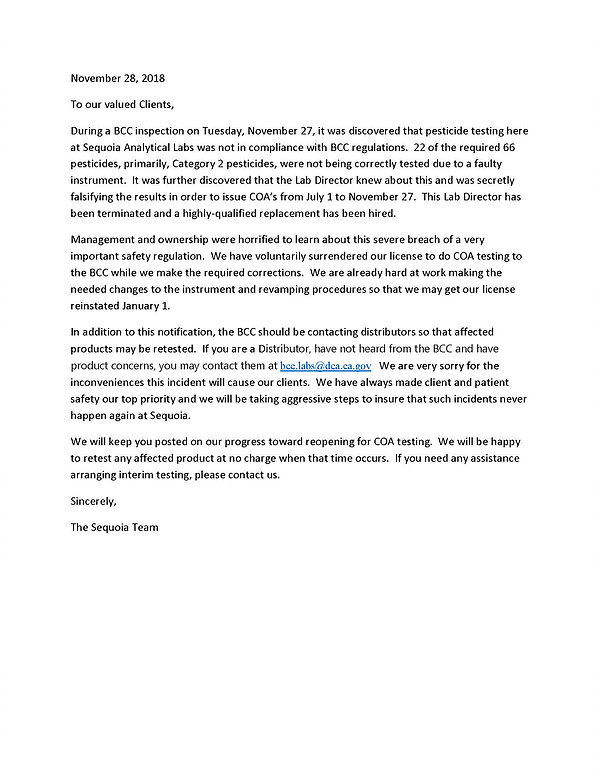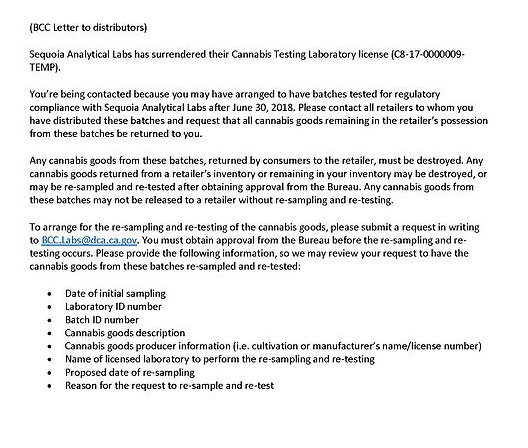Disclaimer: Marguerite Arnold is the founder of MedPayRx, a blockchained ecosystem that does not use utility tokens, and that is currently going to pilot in Europe designed to eliminate such risks.
As reported here in Cannabis Industry Journal last year in a three part series, there are considerable dangers of utilizing blockchain in the cannabis industry (as well as other industry sectors) that directly affect all commercial operators as well as consumers of both the recreational and medical kind. These remain largely unsolved.
These include regulatory and compliance issues in every direction, starting with banking and securities law, but also include privacy and consumer protections. They also fly in the face of regulations imposed by governments to control inflation, set prices for medications and food, and prevent monopolies.
Beyond that, they also pose considerable if so far unexamined liabilities for businesses operating in this space (including uncontrollable volatility in basic business operations) that very much impact the basic cost of doing business.As of the beginning of this year, however, the situation is back in the news.
The Skinny On Paragon
As of November last year, the company was sanctioned by the SEC in a precedent setting case on the issue of whether “utility tokens” are securities or not. In fact, the SEC found that Paragon illegally marketed and distributed digital securities under the false pretension that they were not securities. Paragon, in turn, reached a settlement with the SEC that it would return any funds received by investors prior to October 15, 2017 and pay a fine to the SEC.
As of the beginning of this year, however, the situation is back in the news. Because of the settlement agreement, it appears that a pump and dump group operating through the exchange YoBit managed to raise the token briefly from about $.10 a token to $10 in an effort to raise the cost of compensation from Paragon. This absurd rally was completely unsustainable, and as a result, fell back to $0.3 per token (albeit tripled the price of the token). But the fact that it happened at all is illustrative of the extreme risk now faced by the industry itself from this kind of tech and financial model.
Why? It means that all users (token holders) of such an ecosystem and for any purpose, would be directly exposed to such risks in the future. And on literally an hour-by-hour basis.
Utility tokens in other words, as defined by all such models (and Paragon is far from the only one), are used not only for investment in such businesses, but then bought downstream, via exchanges, by people who wish to transact in the network itself. And that is the real danger to businesses themselves by adopting such models.
Problem 1 – Utility Tokens Are Securities
The biggest issue at the heart of this conversation is this: Tokens are recognized now as securities, and further still operating in a world where pump and dump on the exchanges is a major liability for all who buy the tokens for any purpose. This means for example, that anyone who must buy a system cybercoin to transact within a blockchained ecosystem (from consumer to business manager overseeing international distribution of their product from the commercial end) would face unprecedented volatility that does not exist by using regulated currencies. Good old dollars and euros for example do not pose this kind of existential risk to businesses themselves.
 In the Paragon case directly, for example, owning Paragon crypto means that monthly rent at the incubator would fluctuate in cost based on the unregulated cost of the coin, not a prenegotiated rental agreement in regular currency for space (which is far less volatile). In the current environment, such space just tripled in price.
In the Paragon case directly, for example, owning Paragon crypto means that monthly rent at the incubator would fluctuate in cost based on the unregulated cost of the coin, not a prenegotiated rental agreement in regular currency for space (which is far less volatile). In the current environment, such space just tripled in price.
Beyond that, no consumer in California, for example, would want to have to face the added cost of buying a hyped token (at artificially raised prices) before they can access the newest, coolest strain of bud.
Such systems in other words, are NOT just a fancy form of a digital payment solution (like Paypal). What they do dramatically increases the risk of price volatility in all business operations (also called “cost of goods sold” or COG), andto the end user while also directly exposing all to such risk at every point of production, processing and sales.
Why?Latency issues are also a major issue.
Because the cost of conducting normal, basic business operations would be directly exposed to speculating investors. Even local businesses, in other words, would be completely vulnerable to not just the fluctuations domestically or even internationally caused by doing business in multiple jurisdictions and traditional currency risk, but have direct and unprecedented exposure to a much less regulated and far more volatile price environment globally. And further one that affects literally the entire manufacturing and distribution process.
Problem 2 – Network Congestion
Latency issues are also a major issue. This is a bit more technical and complicated, but is one of the bigger reasons why most blockchain technology and solutions are still incapable of dealing with commercial industry requirements. Much less keep regulated industries in any space, in compliance.
Here is one way to think of the problem. If you have many users on a blockchain network all at once, speed of transaction goes way down and associated costs go way up.
The tokenized asset in other words, has to compete not only with people buying the token as an investment, but those using them to buy goods and services on the commercial side AND the industry processing taking place behind the scenes to fulfil and track product. This has been easy to see with Bitcoin in particular, but is not limited to the same.
Further, prioritization on a network itself (and the costs involved to overcome them, also paid in tokens) then unfairly creates a monopoly environment because of the added costs involved to speed up otherwise normally processed and critical operations. The biggest boys on the block(chain) win. Always. That is antithetical to anti-trust law.
Problem 4 – Undermining Basic Government Regulations On Cost Of Purchase
Here is the biggest conundrum, particularly facing the international cannabis industry now in the process of exporting across international borders. Governments (particularly in Europe) routinely set prices on medicine (in particular), for large contractual purchases and to insure the continued survival of public healthcare (which in Europe and the UK covers most people). See the German cultivation bid for cannabis as a prime example. The government is forcing the industry to submit prices via competitive bid that are expected to come in somewhere between 1-1.5 euro per gram. This in turn will affect not only domestically grown but imported cannabis – and from all points on the globe as the industry opens up.
That process is impossible in an environment where the cost of production itself would be (in a price volatile blockchained delivery system) inherently unpredictable and unstable because the price of production and distribution is itself a speculated upon commodity that can vary, literally, at the speed of a pump and dumped token, sold on any unregulated exchange, anywhere in the world. And as a result, is also illegal.


































